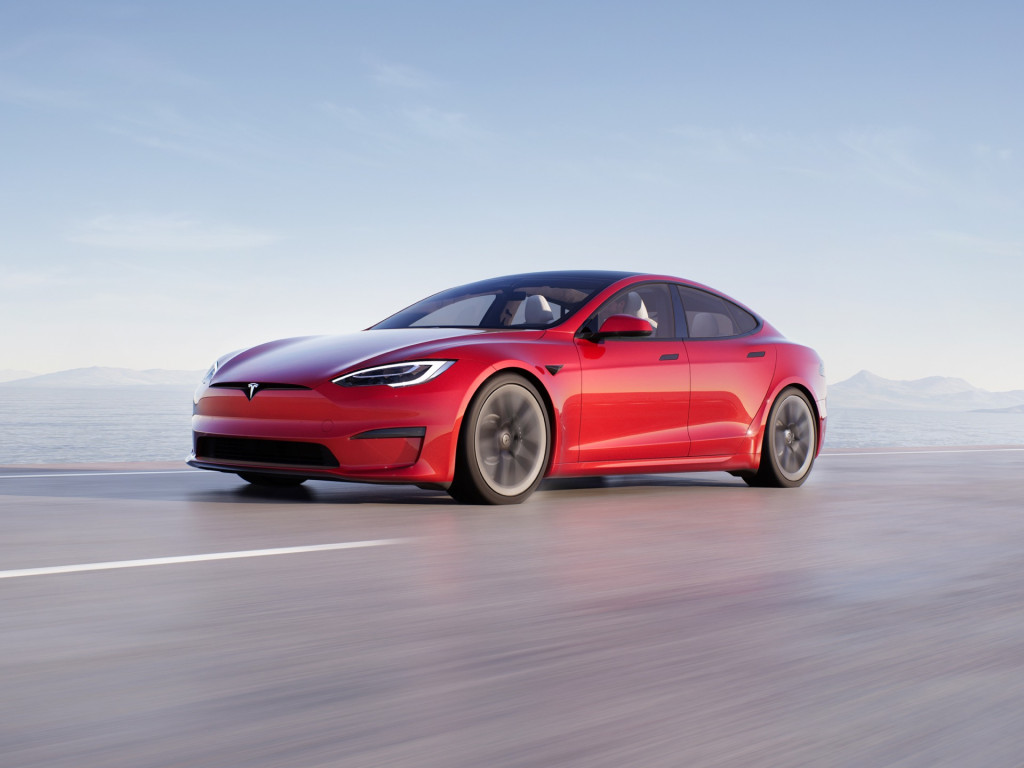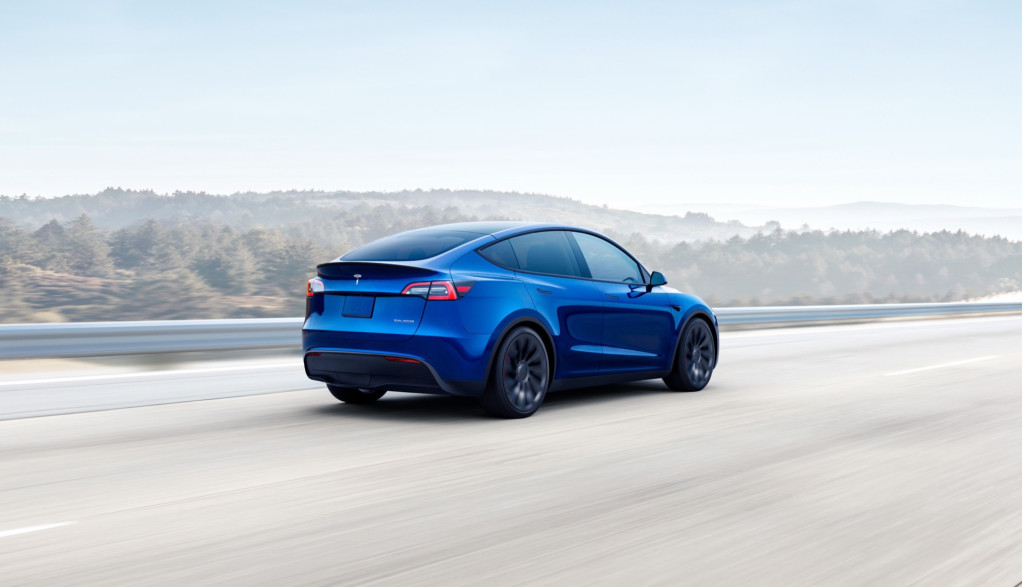[ad_1]
Tesla is being sued by customers who claim the automaker has unlawfully monopolized replacement parts and repair services.
Two class action lawsuits (via Transport Topics) were filed Tuesday and Wednesday in San Francisco on behalf of two California residents who own Model S EVs. The plaintiffs allege that Tesla has violated antitrust laws by limiting competition by forcing owners to use company-approved service centers, and to source spare parts from Tesla.

2023 Tesla Model S – Courtesy of Tesla, Inc.
Modern cars in general are more difficult for independent repair shops to work on due to the need to access vehicle data and proprietary software, but Tesla also exercises more control over the mechanical as well as digital aspects of car repair.
Tesla sells cars directly to customers without franchised dealerships, which means the company also operates its own network of service centers. Tesla has also been known to keep tight control of parts supplies, forcing independent shops to keep older cars on the road without factory support.
Other startup automakers, including Lucid and Rivian, have also eschewed franchised dealerships, but they have a much smaller population of vehicles on the road right now than Tesla.

2023 Tesla Model Y – Courtesy of Tesla, Inc.
These policies have caused Tesla owners “to suffer lengthy delays in repairing and maintaining their electric vehicles, only to pay sub-competitive prices for those parts and repairs once they are finally provided,” the filings state.
The lawsuits come as right-to-repair laws gain more traction with lawmakers.
Massachusetts led the way, passing a right-to-repair law in 2012 and expanding that law in 2020 to include vehicle data. President Biden has indicated support for right-to-repair policies, and a federal bill was introduced in the House of Representatives in 2022.
[ad_2]
Source link




